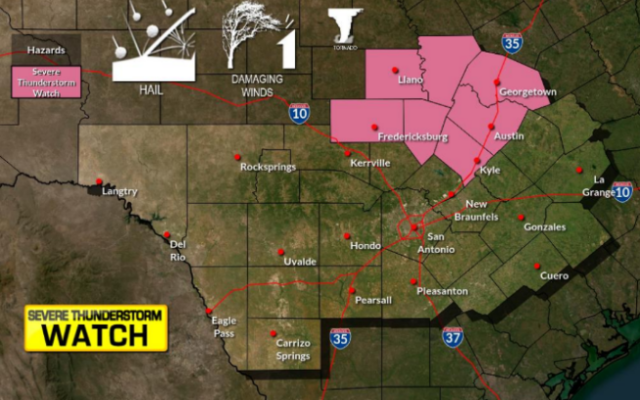Graham vows to call witnesses in accelerating probe of FISA failures
Washington — Speaking exclusively to CBS News Monday, Senator Graham said he plans to deliver his FISA witness list to the Department of Justice as early as this week, with the goal of beginning private depositions and public hearings shortly after. Graham said he is moving “methodically” adding the timing looks to be end of February or early March.
Graham said the process will last “several weeks” until the public understands how the surveillance process went wrong, who within the FBI and DOJ were supposed to keep it on track, and how it can be reformed so that it will not be restricted or down away with in the future.
Graham said Sunday he would “get to the bottom” of failures in the process for obtaining secret surveillance warrants under the Foreign Intelligence Surveillance Act, or FISA, vowing to reform the system on “Face the Nation” at the urging of President Trump.
“I’m going to get to the bottom of the FISA work process because it was an abuse of power of the Department of Justice, the FBI,” Graham told moderator Margaret Brennan on Sunday.
Graham is the chairman of the Senate Judiciary Committee, which held high-profile hearings about misconduct surrounding several applications for warrants during the counterintelligence investigation into figures associated with the Trump campaign in 2016.
In a tweet just before airtime Sunday, the president said Graham “must start up Judiciary and not stop until the job is done.”
“I think what he’s talking about is oversight of the FISA warrant system that failed. I can promise the president and your viewers that I’m going to call witnesses,” Graham said, including former FBI Director James Comey, Deputy Director Andrew McCabe, former Deputy Attorney General Sally Yates and former Deputy Attorney General Rosenstein, all of whom signed four surveillance warrant applications in question.
In an unprecedented move, the Department of Justice has already found two surveillance warrants defective, and two others are still under review.
The department told the secretive Foreign Intelligence Surveillance Court, which handles warrant applications, that it should have ended surveillance of Carter Page, a former Trump campaign adviser, earlier than it did, citing “insufficient predication” to continue monitoring him. The FBI began surveilling Page in 2016 on suspicion he was a Russian agent, obtaining a warrant from the court that was renewed three times.
In a report in December, the Justice Department’s inspector general said the FBI omitted crucial details from its application to surveil Page in the first place, and found one former FBI attorney had falsified an email from a CIA official to bolster the case for the warrant. Page maintained his innocence and was never charged. Criminal action against the FBI attorney who falsified the email is expected soon.
There remains deep concern among Justice Department officials that lawmakers will move to restrict the surveillance court’s power or do away with it all together, after the inspector general report found widespread errors, omissions by FBI personnel and anemic oversight.
As Mr. Trump’s impeachment trial drew to a close last week, FBI Director Christopher Wray appeared on Capitol Hill in testimony that drew the attention of the commander in chief:
FBI Director Christopher Wray just admitted that the FISA Warrants and Survailence of my campaign were illegal. So was the Fake Dossier. THEREFORE, THE WHOLE SCAM INVESTIGATION, THE MUELLER REPORT AND EVERYTHING ELSE FOR THREE YEARS, WAS A FIXED HOAX. WHO PAYS THE PRICE?….
— Donald J. Trump (@realDonaldTrump) February 9, 2020
Pressed by republican congressman John Ratcliffe who said the IG Horowitz report, Justice Department and FISA court “..acknowledge that this was illegal surveillance with respect to at least several of these FISA applications because there was no probable cause or proper predication. Correct? ” Wray responded “Right”
The hearing was also Wray’s strongest public hint yet that the investigation into the origins of the Russia probe led by Connecticut U.S. Attorney John Durham will result in charges. Durham has been examining whether the government’s intelligence collection efforts related to Trump associates were lawful and appropriate, both during the 2016 presidential campaign and after Mr. Trump was inaugurated.
Emily Tillett contributed reporting.
You Might Also Like



